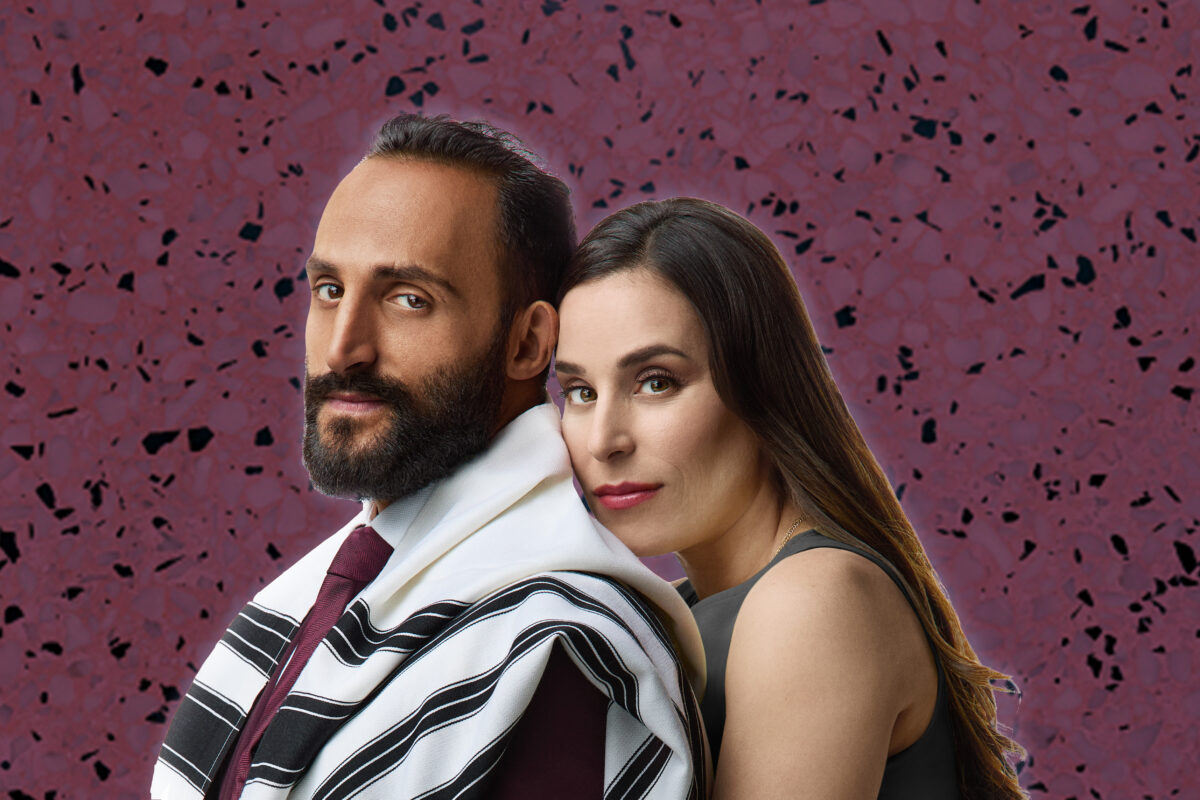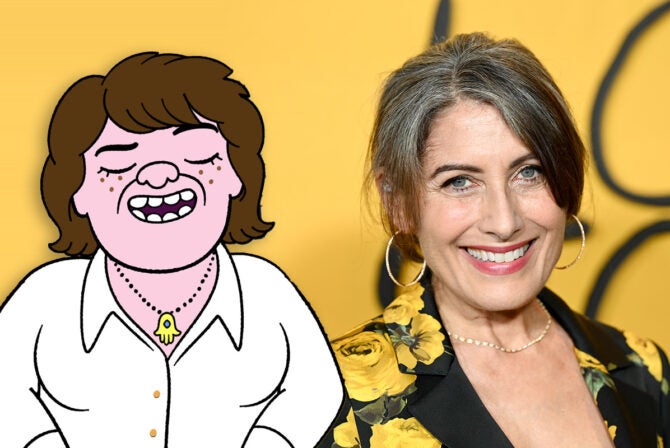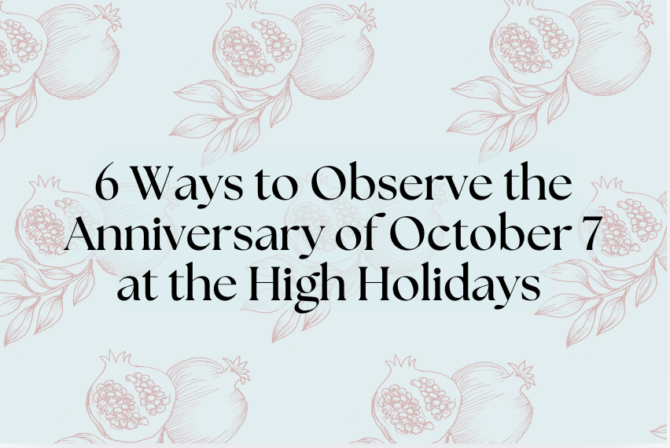When I first moved to the U.S. in my early 20s, my Israeli family back home pretty much gave up on me ever dating a Jewish boy. But here I am, over a decade later, married to the first person I dated here, a nice Jew from the Midwest. And while no marriage is perfect, it has been easy not to have to make decisions around what religion to raise our kids and which holidays to celebrate.
The four couples of “Forbidden Love,” now airing on TLC and streaming on Max, don’t have it so easy. Each one of them is in a relationship where there are tensions between their and their partner’s religion. There’s Elmer, 23, and Lindsey, 34, who are expecting their first child. Their tension isn’t so much around religious observance, but around the fact that Elmer was raised Amish and only recently left the religion to pursue his relationship with Lindsey. There’s Ashley and Mohammad, both 31, who met online and married just eight days after moving in together, and who have a 3-year-old daughter, Rose. For Mohammad, having both his wife and daughter be Muslim is non-negotiable, but for Ashley, who grew up conservative Catholic, completely giving up the religion of her childhood, and especially wearing a hijab and an abaya, is challenging. Lensa, 32 and Muslim, left two arranged marriages before she fell for Kris, 37, the son of a Pentecostal preacher. Unlike the other couples, they’re still in the fairly early stages of daאing, and they both seem to hope that their partner will leave their religion for the other’s.
Then there’s Laurie Palmero, 36, from a big Italian Catholic family in Boston, and Eli Hayenpour, 32, an Orthodox West Coast Jew. To the naked eye, their dynamic is as chaotic as any of the others. But Laurie has made a very serious decision for anyone who knows what the task actually entails — she’s decided to convert to Orthodox Judaism.
Like any TLC production, the drama, intrigue and salaciousness of all these dynamics sometimes feel obviously exaggerated specifically for the camera. There’s a Hanukkah party with cheesy decorations that only the couple and Eli’s parents attend, during which they fry latkes in pans devoid of oil. It feels purely staged for the show, and it’s not the only such scene.
There’s also a fetishizing aspect to the way the show and relationships are framed. The start of Elmer and Lindsay’s relationship, in which she seduced him while he was doing work on her home, is described by the two as taken directly from the plot of a porn film. Eli is framed as someone who fell for the sexy shiksha, for lack of a better alliteration. But after watching the show and a courtesy perusal of their social media later, it’s clear that their relationship and chemistry is very real. The two met in AA, and they get pretty open about what led them to alcoholism: an unruly childhood for Eli, struggling with the confines of private Jewish education; the death of Laurie’s father and her finding an escape from her grief in alcohol. Getting back to his family’s Orthodox Jewish roots is an important part of Eli’s sobriety, and it’s something that he wants to share with Laurie.
In the five episodes I’ve seen of “Forbidden Love,” there’s something so relatable about how Laurie is dealing with her conversion. There are struggles with modesty that echo Ashley’s — though Eli himself seems less concerned about his partner dressing immodestly, especially since so much of their relationship involves working out at the gym together. Laurie is judged by her family for having to convert for the man she loves. And when Eli gives her a Star of David to wear, she feels unworthy. She has a kind of impostor syndrome — she doesn’t feel that she has earned the privilege of wearing Judaica proudly around her neck.
In my years at Kveller, I’ve read a lot of essays about conversion, and Laurie’s story echoes so many of them. In particular, Laurie doesn’t seem to just be converting for her man. While Eli made it clear to her early on that they could not get married and have children if she didn’t convert, the decision was ultimately hers, and it seems that she does find something really special in the religion of the person that she loves, and who seems to love and respect her, too.
The Star of David debacle leads to an argument between Laurie and Eli, who is worried that she’s ashamed or afraid to be proudly Jewish — the show was filmed before October 7, but Eli does talk about how he’s dealt with antisemitism as someone who grew up so visibly Jewish (after the events of that day, he shared that he feels even more strongly about being a proud Jew on TV). After the arguement, she muses to the camera about the cost of her conversion: “As much as I’m giving up, I have to remember everything that I’m gaining becoming Jewish. Family, I’ve gained community, I’ve gained God in my life everyday — I just have so much gratitude,” she says with a genuine smile.
In an interview with the Jewish Journal, Laurie echoes those same feelings. She loves the Jewish tradition that Eli has brought into her life, saying:
“I’ve gained a family, a community, a place for my spirituality, because, before, I didn’t have one… And just a love for something that I never thought that I could have. I really didn’t believe that there was a God before, and now I feel like He’s helped me through a lot, and I feel like that has been the game-changer.”
I have to say, I never expected a TLC show to offer such an honest and emotional depiction of Jewish conversion, but it is really nice to see Laurie so proudly and vulnerably going through that journey with us.








